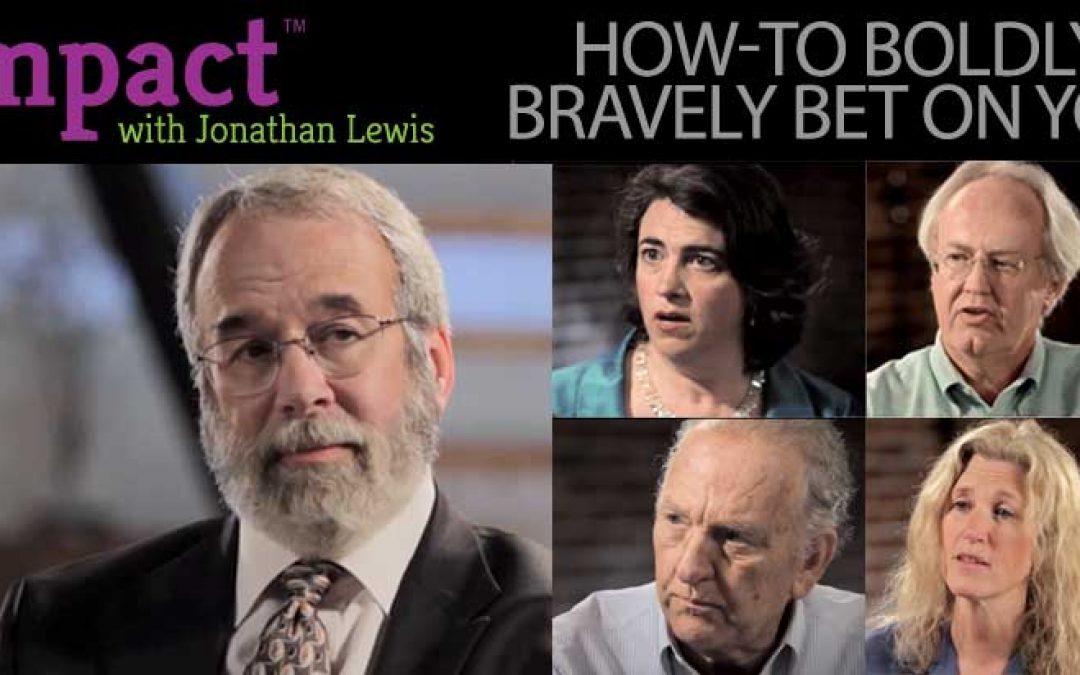To describe itself to itself and to attract new converts, it is common these days for the nonprofit sector to talk in terms of investment – obscuring the legal and legitimate lines between grants and donations versus opportunities to make money by doing good (often called impact investing). Equally confusing, both financial investments and social investments appropriate the social ROI (return on investment) lingo from the nonprofit world to disguise often unrealistic financial return promises and expectations.
Instead of importing jargon from Wall Street venture capitalists, the vocabulary of Las Vegas casino dealers is more apt for explaining the social sector. For starters, no matter how talented the social entrepreneur or well-planned the social enterprise, the status quo odds are stacked against change. Eighty percent (80%) of business startups (that is, single bottom line enterprises) in the United States fail; are we surprised that double and triple bottom line social ventures struggle? Economic and social justice “investing” is a gamble in a futures market of human development and human hope. It is speculative and uncharted. A social capital risk regulated, not by the Securities Exchange Commission, but by your compassion, your commitment and your career choices.
In the recently-released video How-To Boldly and Bravely Bet On Yourself, Jerry Hildebrand, CEO of the Global Center for Social Entrepreneurship, says, “dare yourself to take a social change career risk.” He’s telling you to bet that you are a good enough listener and learner to make the most of the social change career cards that life’s luck will deal you. To describe itself to itself and to attract new converts, it is common these days for the nonprofit sector to talk in terms of investment – obscuring the legal and legitimate lines between grants and donations versus opportunities to make money by doing good (often called impact investing). Equally confusing, both financial investments and social investments appropriate the social ROI (return on investment) lingo from the nonprofit world to disguise often unrealistic financial return promises and expectations.
Instead of importing jargon from Wall Street venture capitalists, the vocabulary of Las Vegas casino dealers is more apt for explaining the social sector. For starters, no matter how talented the social entrepreneur or well-planned the social enterprise, the status quo odds are stacked against change. Eighty percent (80%) of business startups (that is, single bottom line enterprises) in the United States fail; are we surprised that double and triple bottom line social ventures struggle? Economic and social justice “investing” is a gamble in a futures market of human development and human hope. It is speculative and uncharted. A social capital risk regulated, not by the Securities Exchange Commission, but by your compassion, your commitment and your career choices. In the recently-released video How-To Boldly and Bravely Bet On Yourself, Jerry Hildebrand, CEO of the Global Center for Social Entrepreneurship, says, “dare yourself to take a social change career risk.” He’s telling you to bet that you are a good enough listener and learner to make the most of the social change career cards that life’s luck will deal you.
- The job, whether mission-aligned or not, has to be fun and utilize your core competencies. If you don’t like what you’re doing, you won’t do it well. Inversely, if you are having fun and using your talents to the fullest, your on-the-job performance will be the better for it, resulting in faster promotions, positive job recommendations and inevitably greater social change impact.
- The location, compensation and employment package needs to work for you. At the most basic level, if you take a job – no matter how important or well-valued – that financially exploits you, situates you far from the person you love or disrespects your work-life balance, you will be unhappy, distracted and a lousy long-term change agent. Being miserable is not a social change badge of honor; it’s just stupid and self-destructive.
- The institution, venture and/or the cause for which you work should align with your worldview and global citizenship. Values and mission alignment is absolutely critical, of course, but still third on the job-seekers priority list.
In The Wealth of Nations Adam Smith famously noted that, although water is more vital to human existence than diamonds, diamonds cost more because they are less common. Scarcer even than diamonds, your priceless life in the cause of social and economic justice is worth betting on.
________________________
LEARN MORE
Follow Jonathan Lewis on Twitter: @SocentClinic
Special thanks to Cafe Impact and SoCap
Follow us, http://Twitter.com/NobleProfit
Like us, http://Facebook.com/NobleProfit
Register at http://NobleProfit.com to gain valuable insights in related topics.
Noble Profit is brought to you by http://CreativeEntity.Org Creative Entity Productions http://Creative-Entity.com Created by Amy Seidman


 Noble Profit™ is an authentic source for discovering innovation, trends and investment in clean tech, and sustainable business.
Noble Profit™ is an authentic source for discovering innovation, trends and investment in clean tech, and sustainable business.